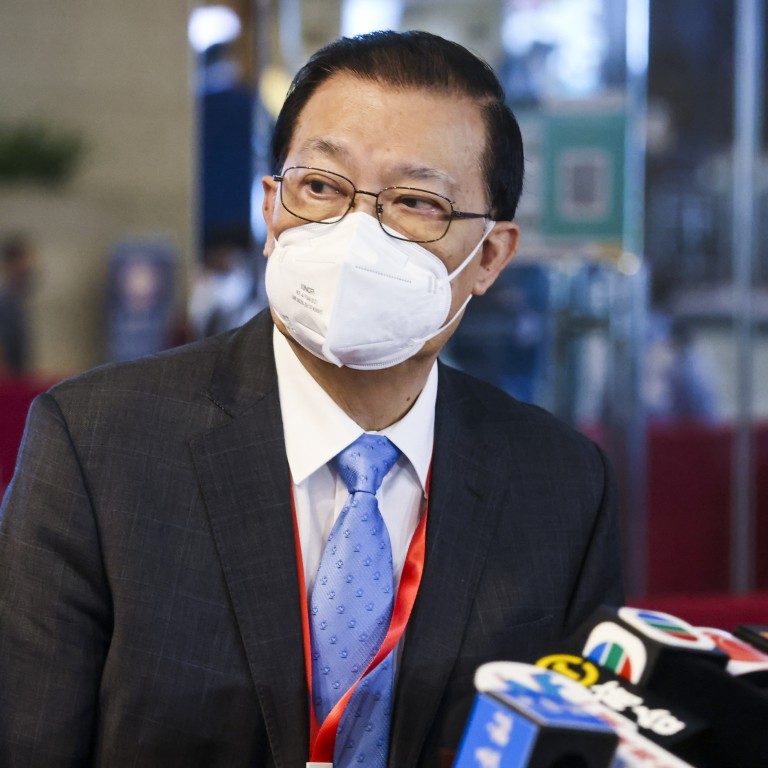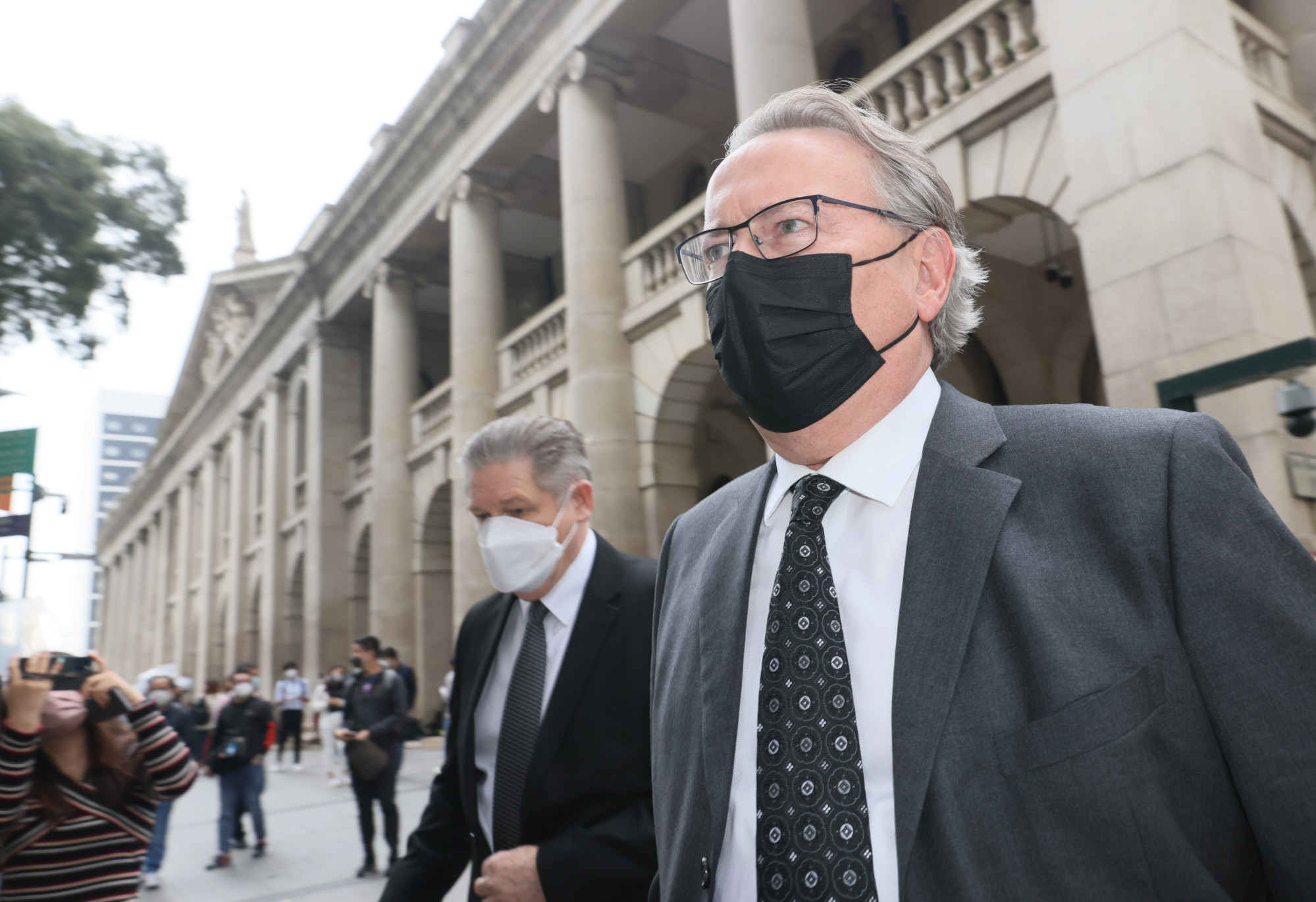
China’s top legislative body will have to ‘make adjustments’ to Hong Kong national security law if tycoon Jimmy Lai allowed foreign lawyer in trial, veteran politician warns
- Tam Yiu-chung, city’s sole delegate to National People’s Congress Standing Committee, issues second and strongest warning ahead of court decision on issue
- Court of Final Appeal will give decision on suitability of overseas lawyers to take up cases involving national security law on Monday
“The involvement of foreign barristers is absolutely inappropriate. It also breaches the legislative intent of the NPC Standing Committee,” Tam said at an event organised by a pro-Beijing group.
“If the situation is not changed, there is no other way but for the standing committee to interpret the [national security] law and make adjustments.”

Tam, who leaves the standing committee in February after five years, was involved in drafting the national security law that took effect in 2020 following the city’s anti-government protests.
Asked if his remarks amounted to piling pressure on the city’s top court, he said he was just “expressing his own views”.
“When the standing committee finds that the enacted legislation has been misunderstood or misinterpreted, it has the responsibility to clarify the original intention of the legislation,” Tam said.
Hong Kong’s top court reserves ruling on allowing UK lawyer to defend Jimmy Lai
Tam dropped his warning, the strongest yet among those in the pro-Beijing bloc, a day after the top court reserved its ruling on the issue until Monday.
Lai’s trial, which starts on Thursday, is the first to deal with the question of “collusion with foreign forces” under the national security law.
The 74-year-old founder of the now-closed Apply Daily newspaper stands accused of three national security charges – two counts of conspiracy to collude with foreign forces, and one of collusion with foreign forces.

Tam on Saturday argued that the trial might involve state secrets or the issue of external forces, and that the admission of London-based King’s Counsel Timothy Owen should not be allowed.
This was despite a lower court ruling that the possible disclosure of state secrets by some overseas counsel was “a hypothetical situation”, as Lai’s defence lawyer had said no state secrets had been disclosed to him as part of the criminal prosecution.
Veteran Hong Kong politician to ‘step down from NPC Standing Committee’
The Department of Justice, which has twice lost in its objection against Lai’s retention, had earlier appealed to the court to impose a blanket ban on overseas lawyers from taking part in any national security cases unless under exceptional conditions.
The NPC Standing Committee has rendered its interpretation of the Basic Law, Hong Kong’s mini-constitution, five times, with the latest one in 2016 resulting in the disqualifications of six opposition lawmakers over the manner of their oath-taking when being sworn in.
If the standing committee proceeds to override the Court of Final Appeal’s judgment, it will be the first interpretation of the national security law.

